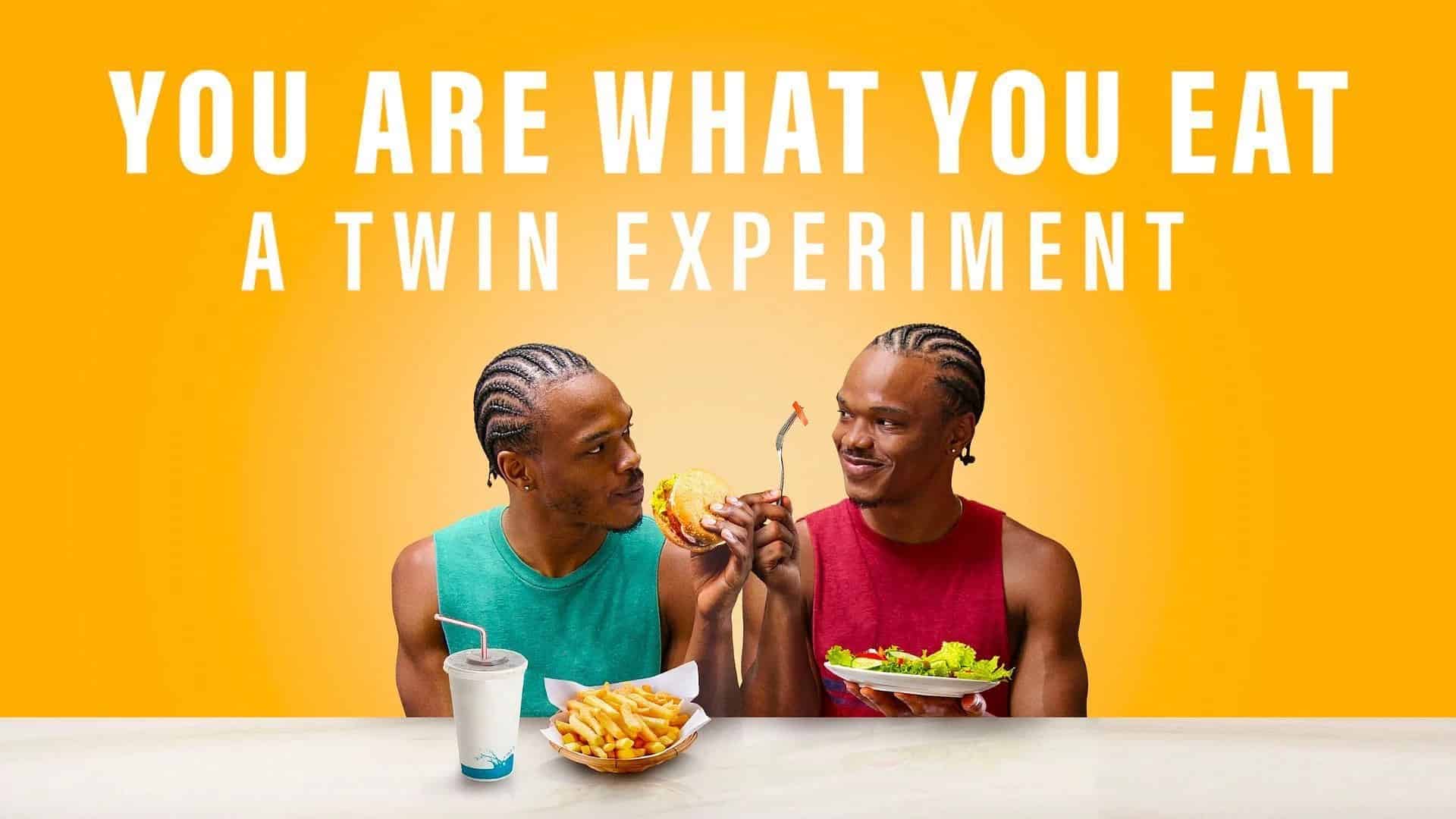You Are What You Eat: Netflix Propaganda and the Food Revolution
In recent years, the phrase "you are what you eat" has gained significant traction, especially in the context of documentaries and series on platforms like Netflix. This statement goes beyond mere dietary choices; it encapsulates a broader narrative about health, sustainability, and the ethical implications of our food systems. As viewers engage with these programs, they are not just consuming information but are also being influenced by a form of propaganda that shapes their perceptions and behaviors regarding food.

The rise of food documentaries on Netflix has transformed the way we think about our diets. Titles such as What the Health and Forks Over Knives have sparked conversations about the impact of animal products on health and the environment. These films often present compelling arguments that advocate for plant-based diets, suggesting that adopting such a lifestyle can lead to improved health outcomes and a reduced carbon footprint. The underlying message is clear: our food choices are not just personal preferences; they are political statements that reflect our values and priorities.
The impact of these documentaries is profound. They encourage viewers to reconsider their eating habits and the sources of their food. By highlighting the detrimental effects of processed foods and the meat industry, these programs create a sense of urgency around the need for dietary change. The narrative often emphasizes the idea that individuals have the power to effect change through their choices, fostering a sense of agency among viewers. This empowerment can lead to a collective movement towards healthier, more sustainable eating practices.
However, the portrayal of food in these documentaries can also be seen as a form of propaganda. The filmmakers often present information in a way that supports a specific agenda, sometimes oversimplifying complex issues. For instance, while the benefits of a plant-based diet are well-documented, the nuances of nutrition and individual dietary needs are frequently overlooked. This selective presentation of information can lead to a polarized view of food choices, where anything less than a vegan lifestyle is deemed irresponsible or harmful.
Moreover, the emotional appeal of these documentaries cannot be underestimated. They often feature personal stories of transformation, showcasing individuals who have experienced significant health improvements after changing their diets. These narratives resonate deeply with viewers, making the message more relatable and compelling. The use of vivid imagery and powerful testimonials creates an emotional connection that can overshadow critical thinking about the information presented.
As viewers consume this content, they are also participating in a larger cultural shift. The popularity of these documentaries reflects a growing awareness of food-related issues, such as climate change, animal welfare, and public health. This shift is not just about personal health; it is about redefining our relationship with food and understanding its broader implications. The idea that "you are what you eat" serves as a reminder that our choices have consequences that extend beyond our plates.
In this context, the role of Netflix and similar platforms becomes increasingly significant. They have the power to shape public discourse around food and health, influencing not only individual choices but also societal norms. As more people engage with these narratives, there is potential for a collective movement towards more conscious eating practices. This shift could lead to increased demand for sustainable food options, greater support for local farmers, and a reevaluation of food policies at the governmental level.
Ultimately, the message that "you are what you eat" is not just a catchy phrase; it is a call to action. It challenges us to reflect on our food choices and their implications for our health and the planet. As we navigate this complex landscape, it is essential to approach the information presented in food documentaries with a critical eye, recognizing both the power of storytelling and the importance of informed decision-making. The journey towards a healthier, more sustainable food system is ongoing, and each choice we make contributes to the narrative we are collectively writing about our relationship with food.



